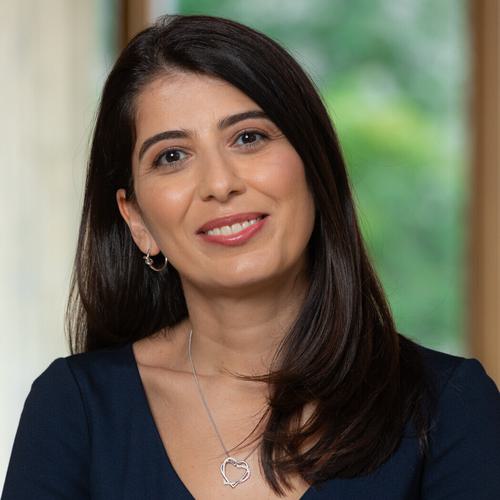
Pinar Keskin
Associate Professor of Economics
Links
I am an applied microeconomist, with research interests in development, health, and environmental economics
My research primarily focuses on three areas: (i) the causes and consequences of domestic violence and its transmission across generations; (ii) the social and economic determinants of mental health; (iii) the economic responses to water scarcity and water pollution in developed and developing countries.
My work has been published in numerous academic journals such as American Economic Journal: Applied Economics, American Economic Journal: Economic Policy, and the Review of Economics and Statistics and I currently serve as an associate editor at Economic Development and Cultural Change. I am also a research fellow at the IZA Institute of Labor Economics.
At Wellesley, I teach a principles course in microeconomics (Econ 101), an introductory course in probability and statistics (Econ 103), an elective course in environmental and resource economics (Econ 228 / ES 228), and another elective on environmental issues in developing countries (Econ 328).
Econ 101 introduces students to the world of formal economic modeling of individual and business decision-making. In Econ 103 students learn how to describe statistical data and read scientific studies and popular press articles involving statistical results. The most attractive feature of this course is its hands-on nature. During lab hours, students have a chance to learn how to perform analysis of statistical relationships and to interpret their findings. Econ 228 / ES 228 provides an introduction into the principles of environmental economics, with a focus on policy applications. The main objective of this course is for students to gain an economic perspective on environmental issues that will bring them greater insights into the causes, consequences, and ultimately, the solutions of the current environmental problems. Econ 338 provides students with a set of theoretical, econometric, and practical skills to estimate the causal impacts of environmental policies and programs with a particular focus on less-developed countries.
Education
- B.A., Bilkent University
- M.A., Yale University
- M.Phil, Yale University
- Ph.D., Yale University